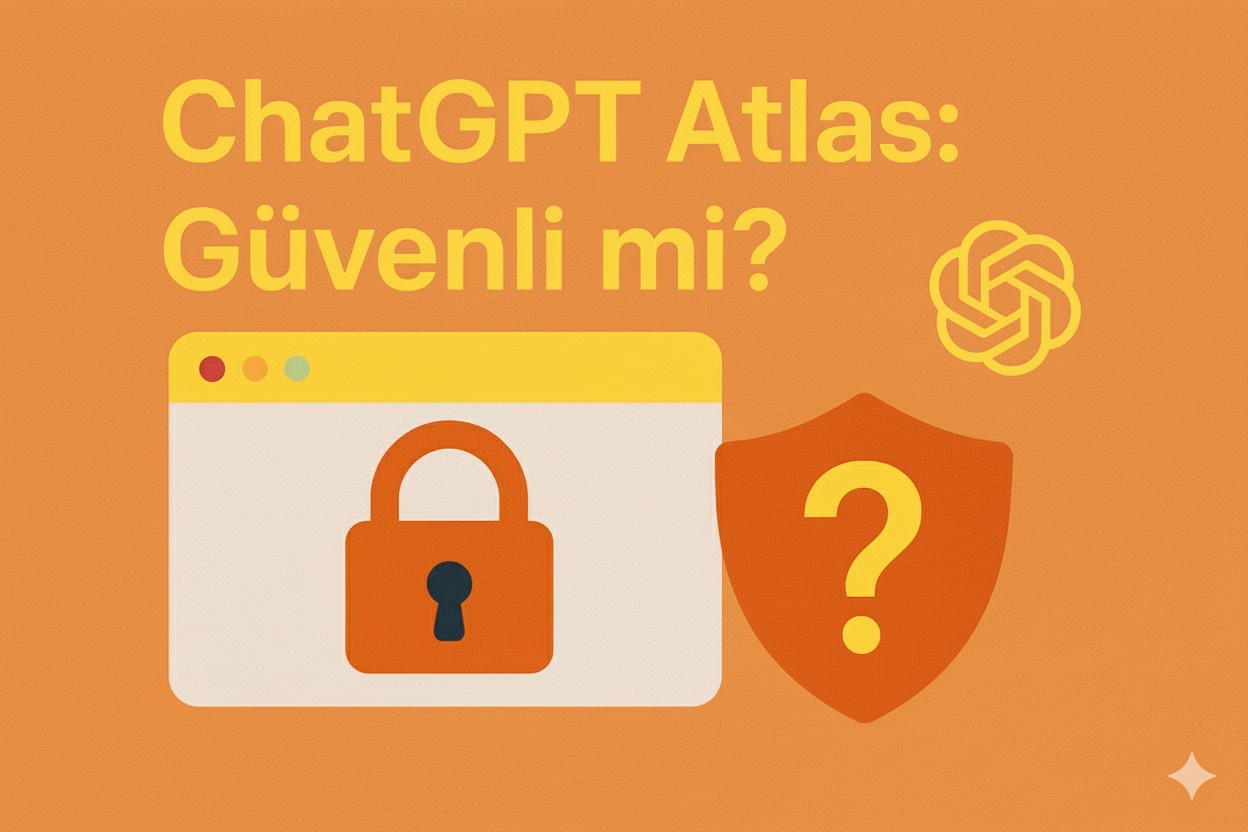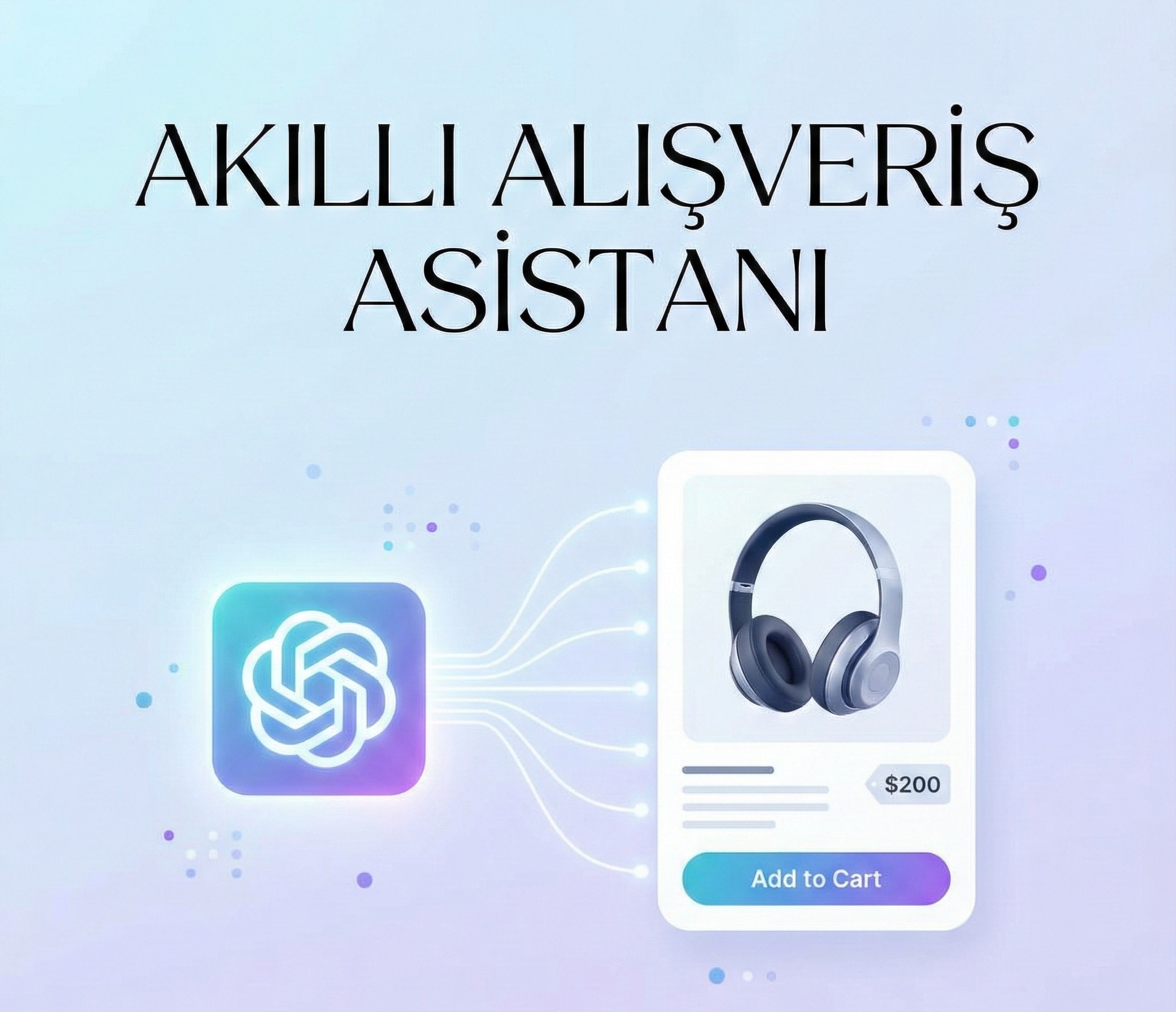As artificial intelligence continues to push the boundaries of the digital world, OpenAI’s new project ChatGPT Atlas promised to completely redefine the browsing experience. This intelligent system, which allows users to navigate the internet simply by giving commands, quickly sparked widespread curiosity. However, behind the excitement of this innovation lies a growing concern: security. Recent analyses have revealed that ChatGPT Atlas’s AI-based structure may contain serious security vulnerabilities. According to experts, the browser’s method of accessing user data and its ability to perform automated actions could introduce new privacy risks.
ChatGPT Atlas: Innovation or Security Risk?
The idea of an AI-powered browser sounds impressive — you give a command, and the browser researches, summarizes, and acts on your behalf. Yet, while OpenAI’s new product delivers on this promise, it has also raised alarms among cybersecurity experts.
Memory Feature and Data Privacy
One of Atlas’s most notable features is its “Memories” system, which can remember user behavior. The browser tracks visited websites, preferred content, and interaction habits, creating a personalized experience. However, this system also raises questions about what data is stored and for how long. OpenAI claims that no personal or financial information is retained, but experts argue that this statement lacks sufficient transparency.
The Threat of Command Injection
The true strength of ChatGPT Atlas lies in its ability to perform actions on web pages through its built-in AI agent. However, this very capability introduces a major risk known as “indirect prompt injection.” In such attacks, hidden commands embedded within web pages can secretly instruct the AI to take certain actions without the user’s knowledge — for instance, “do this” or “access that.” As a result, the browser might execute unintended operations autonomously. This goes beyond the protection of traditional browser security systems. In regular browsers, cross-site data access is blocked by the same-origin policy, but since Atlas’s AI agent processes both user commands and web content simultaneously, those boundaries become blurred.
Security Measures for Next-Generation Browsers
Experts emphasize that AI-driven browsers like Atlas still lack a mature security framework. Users are advised to avoid using such browsers for sensitive tasks like accessing bank accounts, emails, or corporate systems. Running the browser in “agent-off” mode or limiting its use to basic information searches may provide a safer experience for now.
Seeking Balance in the Age of AI
ChatGPT Atlas is a powerful tool capable of redefining how we experience the internet. Yet this innovation also brings with it a new generation of cybersecurity threats. Artificial intelligence is no longer just writing text — it’s browsing the web for us. And that leaves every user with the same fundamental question: Convenience or security?






